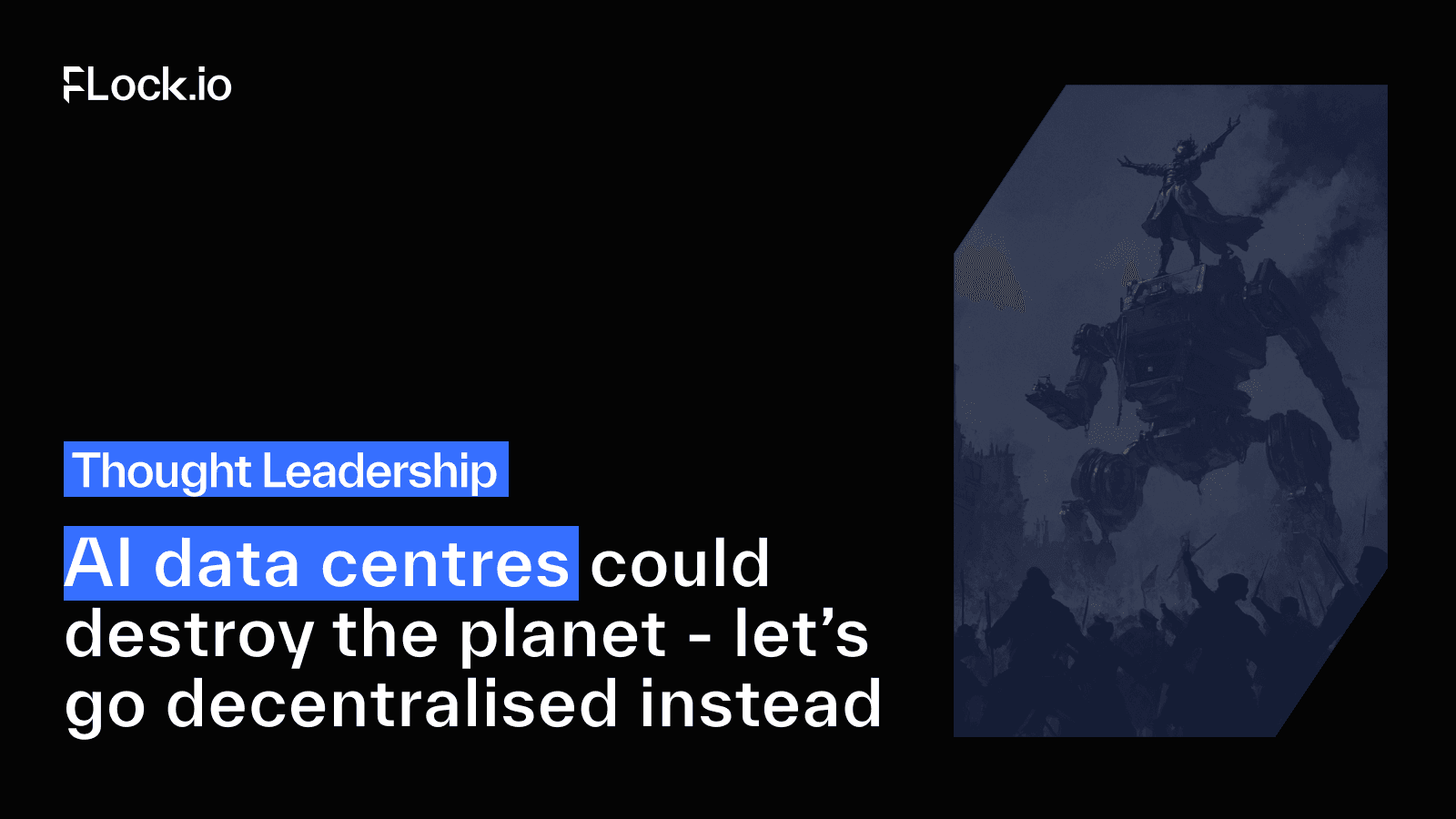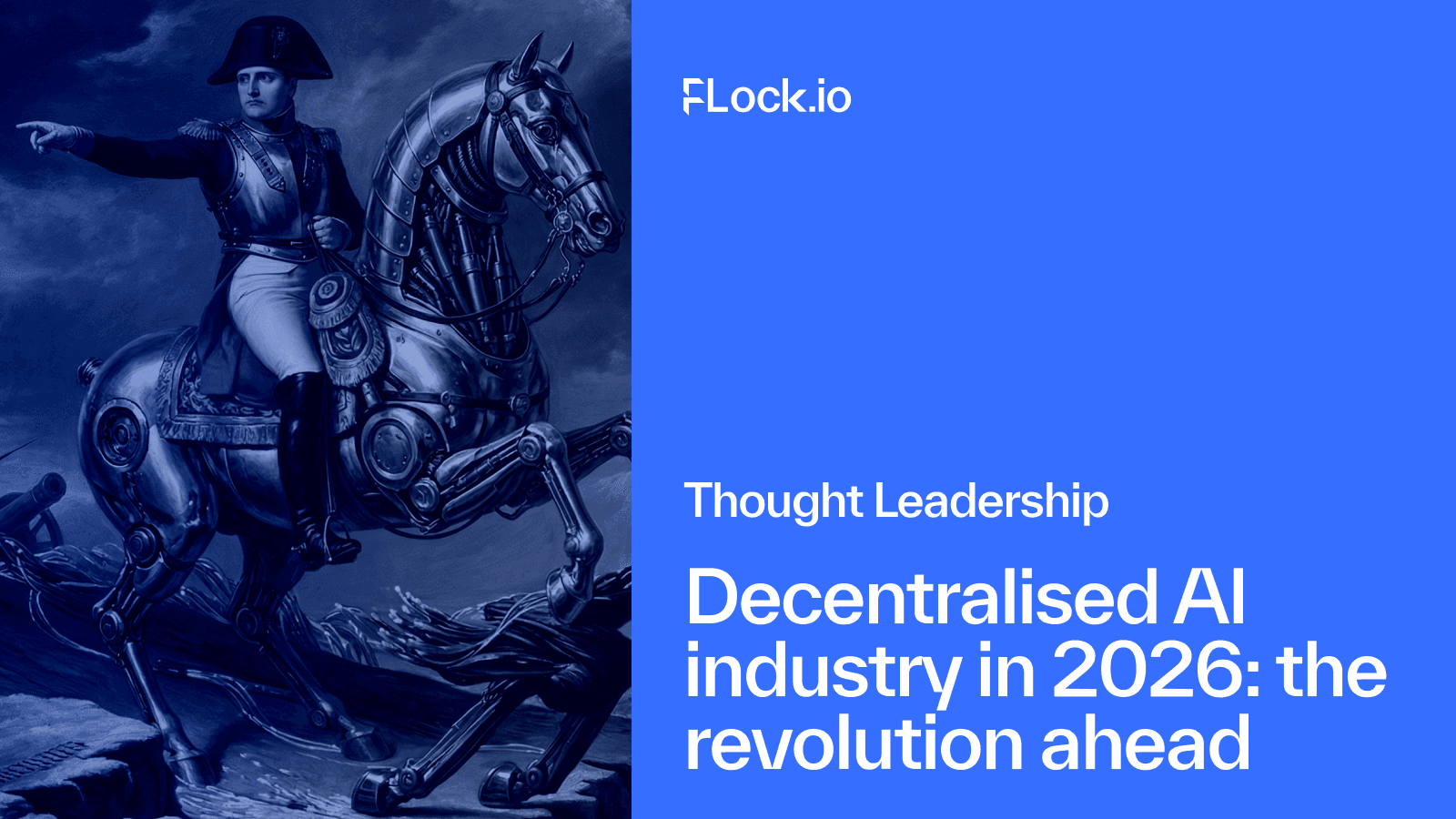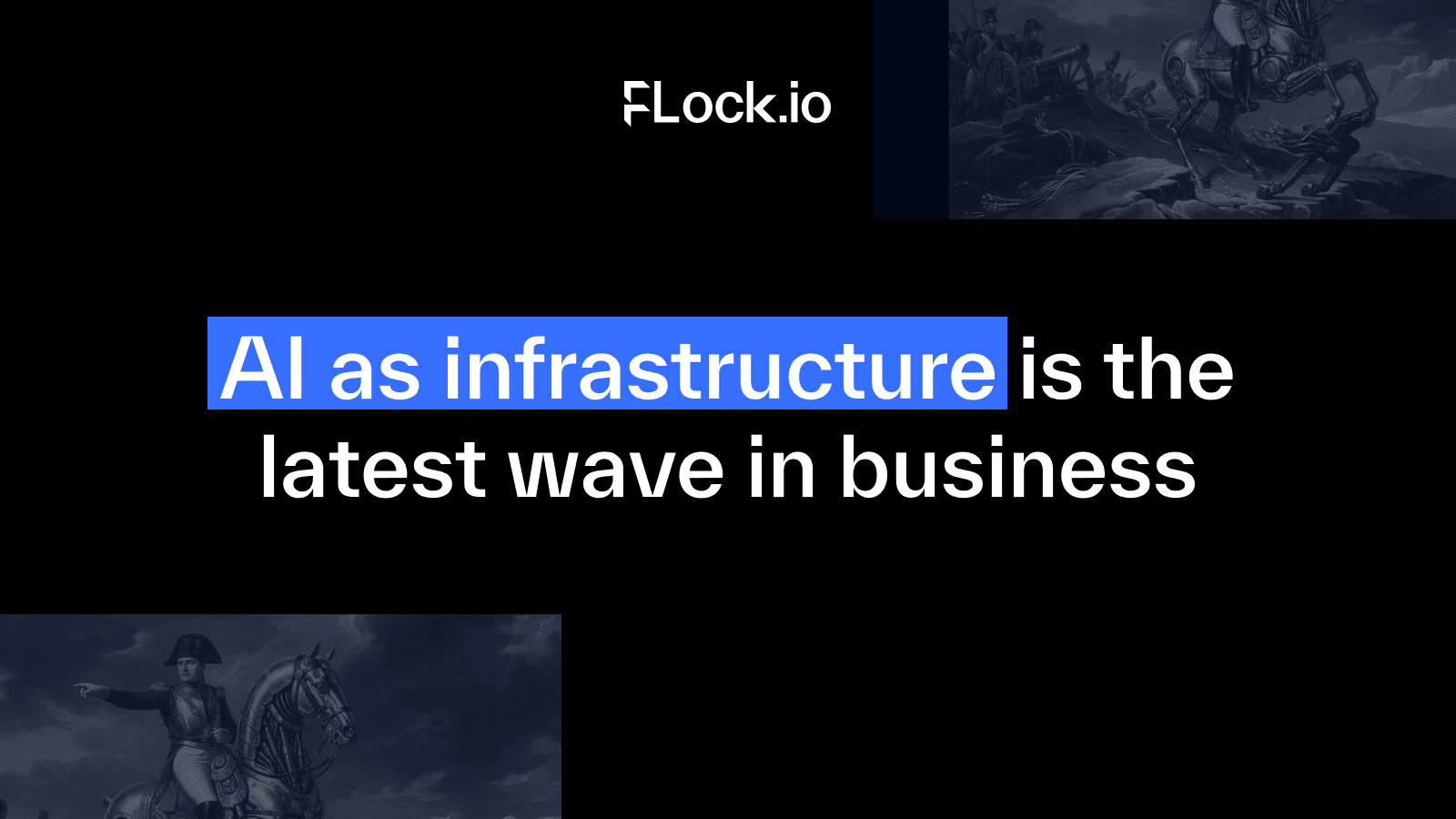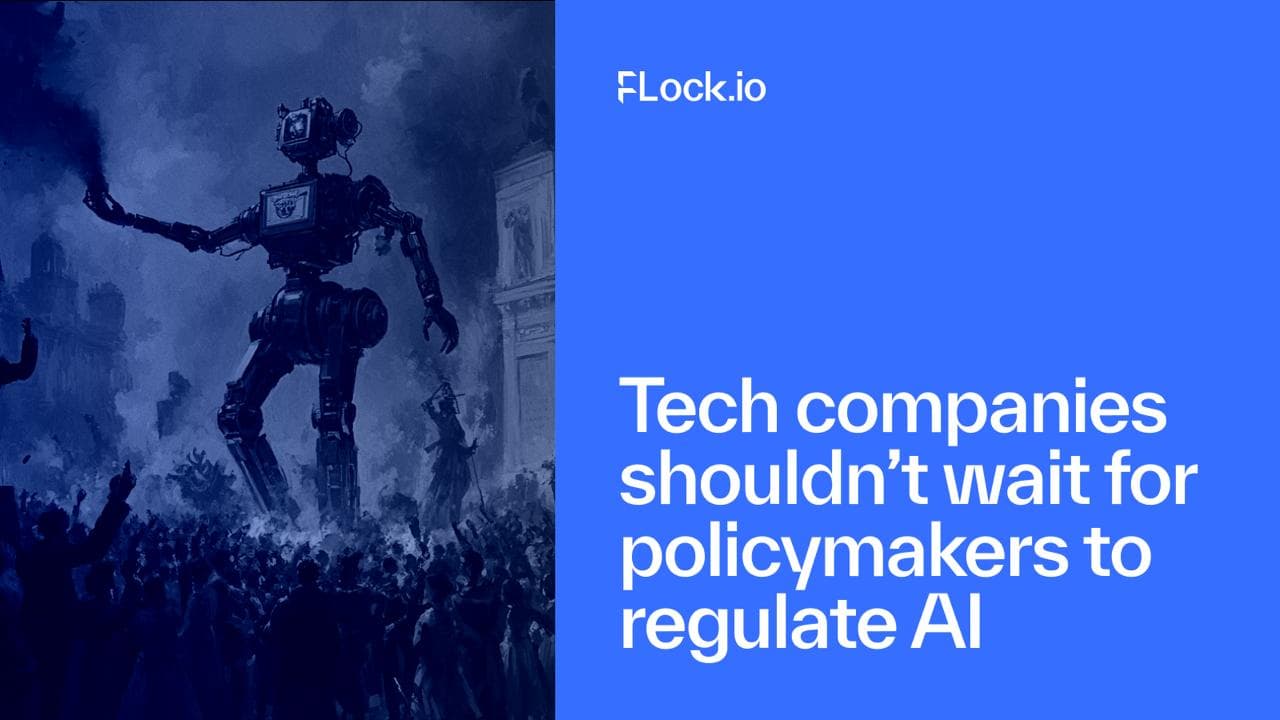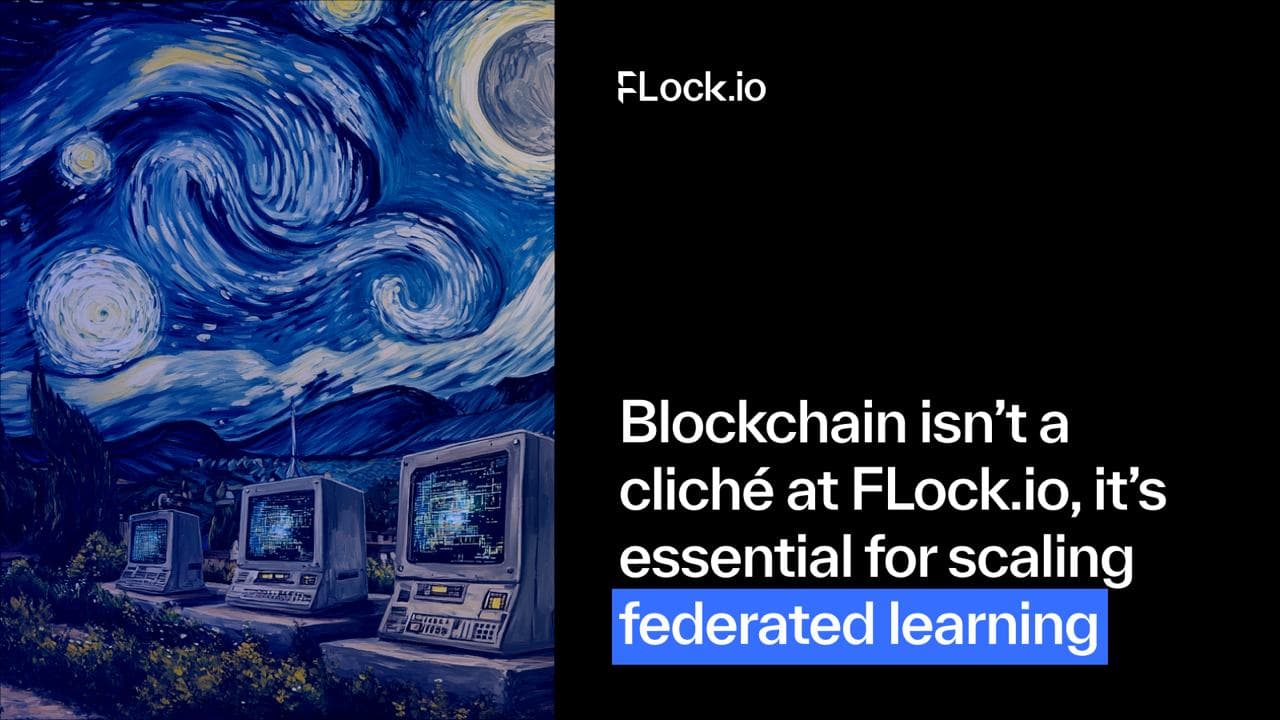Algorithms could destroy humanity. But more likely than computers outsmarting us is a climate change apocalypse – driven by the colossal energy needs of data centres. AI won’t stage a takeover, they’ll overheat the planet.
A wave of new data centres is being planned, and their staggeringly huge water and electricity needs risk derailing net zero. One new Google data centre in Essex is expected to emit the equivalent of about 500 flights from Heathrow to Málaga every week, and it’s one of many being built.
Multibillion-dollar data centre deals with tech giants like OpenAI and Nvidia are expected to be announced during Donald Trump’s state visit to London this week. The US and UK are hurrying to finalise a trade agreement as they race to become AI trailblazers, but dire environmental consequences will follow.
When you save your photos and videos in the cloud, it sounds weightless, but that couldn’t be further from the truth. Your files are stored in huge buildings full of GPUs that in 2023 alone reported an electricity consumption worldwide comparable to some mid-sized countries.
[ 👋 Hi there! If you’re here to find out more about FLock.io, follow us on X, read our docs and sign up to AI Arena on train.flock.io]
Data centres have been around for decades, but the current boom is driven by AI. Modern ML models are far more computing power-hungry than the internet. A single ChatGPT query needs 10 times as much electricity as a Google search.
To call data centres thirsty is an understatement. Without their water cooling systems, they would instantly overheat. To put it into perspective, generating just 100 words with GPT-4 uses three bottles of water. Large data centres can consume up to 5 million gallons per day, equivalent to the water use of a town populated by 10,000 to 50,000 people.
The idea that governments can become AI leaders and simultaneously meet net zero targets amounts to “magical thinking at the highest levels,” as one report from the University of Cambridge puts it. Even the most conservative estimate for big tech’s energy needs will see a five-fold increase over the next 15 years.
While Taylor Swift gets bashed for her jet set carbon footprint, it’s actually data centres that will far exceed global air travel when it comes to greenhouse gas emissions. They currently account for 1.5 per cent but are projected to reach 8 per cent by 2040. In some countries, the electricity use is shocking – an enormous 20 per cent of all power in Ireland now goes to Dublin’s cluster of data centres.
There have been some efforts to reduce the colossal power needs. Google has experimented with its DeepMind AI to improve data centre efficiency and mitigate the environmental impact. However, with the whole army of centres being planned, mere mitigation won’t cut it.
There is a greener alternative. With traditional, centralised AI like ChatGPT, data is sent to a central server at a data centre for processing. Decentralised AI (DeA) eliminates the central server altogether.
Instead, it taps into a distributed network of often idle GPUs across various geographies. This approach, leveraging techniques like federated learning, could dramatically minimise centralised server power consumption.
DeAI operates closer to the data source, cutting the energy costs. Local computation happens on devices like smartphones and local servers, diminishing by much more the amount of data that needs to be sent over to a centralised location, and further cutting power consumption.
It will be grossly irresponsible for BlackRock to be allowed to go ahead unbridled with a £500m investment in UK data centre infrastructure, and for OpenAI to launch the UK arm of its £400bn Stargate centre.
Let’s instead follow the path towards a more sustainable AI ecosystem. By moving AI training away from centralised, energy-intensive data centers and toward a decentralised, distributed model, we can continue to innovate while also protecting our planet.
More about FLock.io
FLock’s ecosystem consists of three key components: AI Arena, a platform for competitive model training; FL Alliance, a privacy-focused collaboration framework that enhances models while preserving data sovereignty; and Moonbase, our new rewards layer.
FLock is part of the mission to dismantle the power concentration of AI held by a handful of centralised corporations, promoting more equitable, transparent and composable development.
Find out more about FLock.io by reading our docs. For future updates, follow FLock.io on X.
